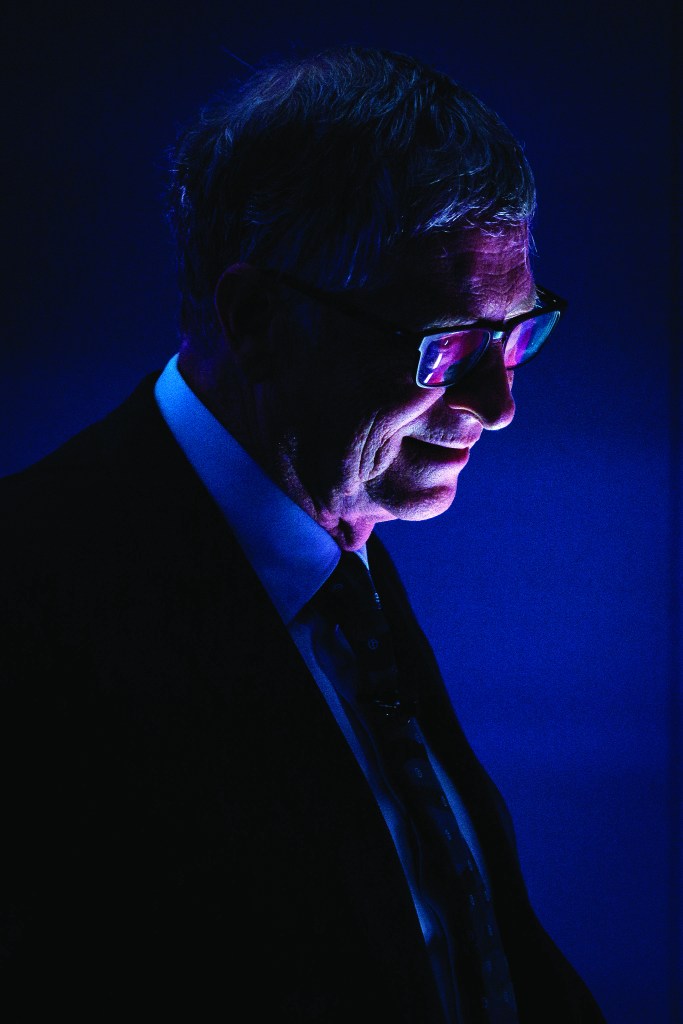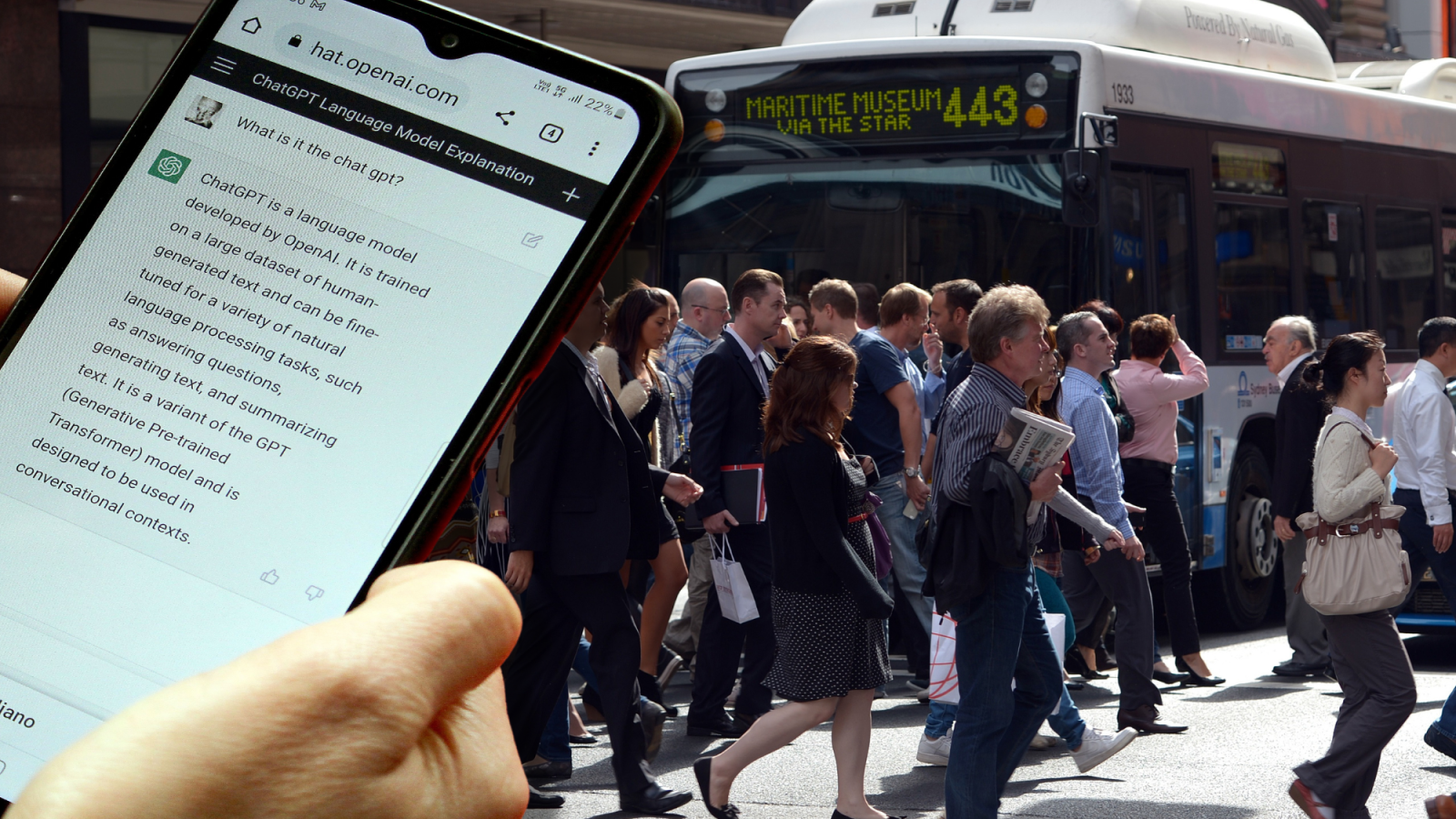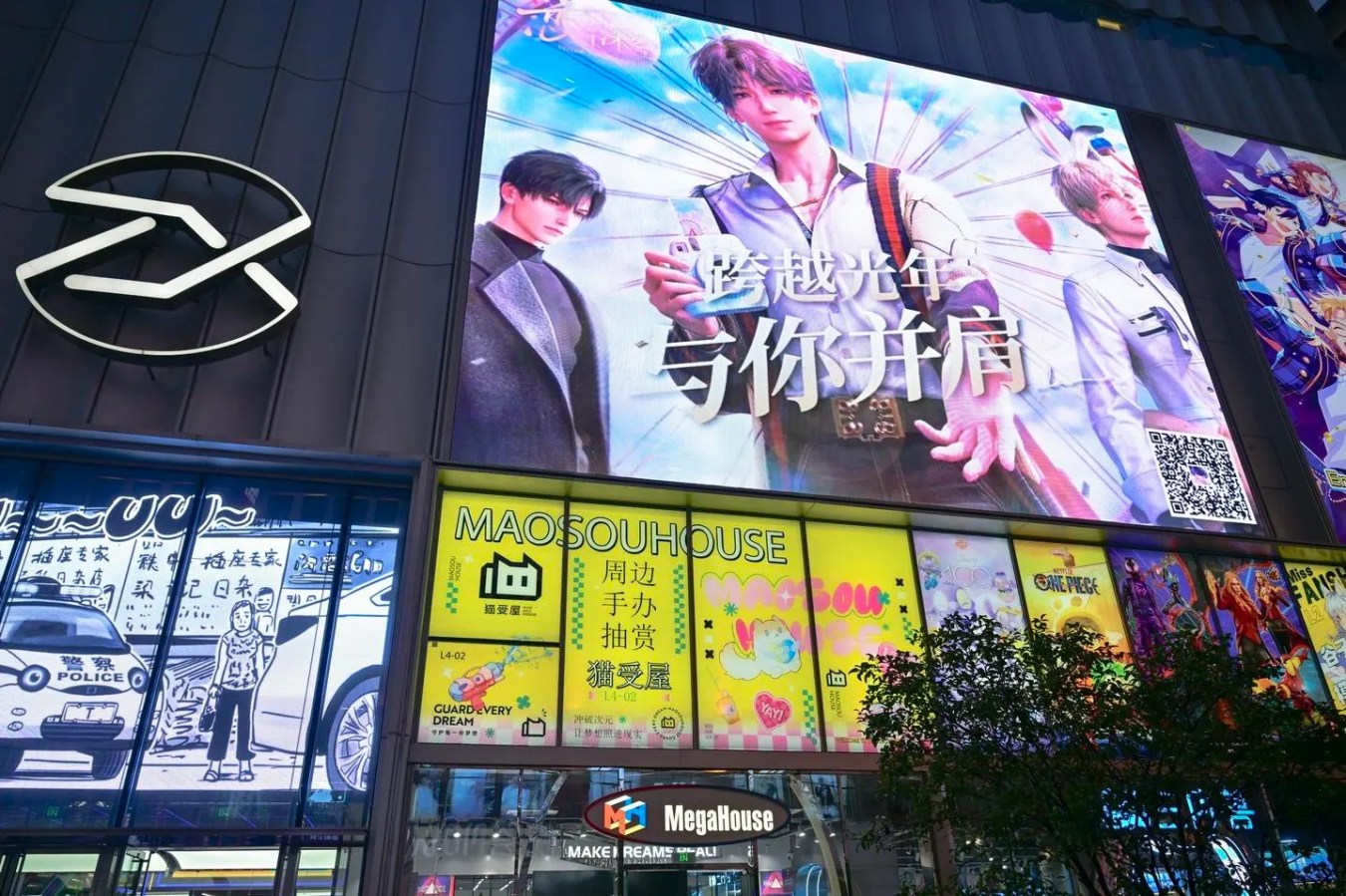Bill Gates, the Microsoft cofounder talks about his work with AI unicorn OpenAI and back on Microsoft’s campus, AI’s potential impact on jobs and in medicine, and much more.

In 2020, Bill Gates left the board of directors of Microsoft, the tech giant he cofounded in 1975. But he still spends about 10% of his time at its Redmond, Washington headquarters, meeting with product teams, he says.
A big topic of discussion for those sessions: artificial intelligence and the ways AI can change how we work – and how we use Microsoft software products to do it.
In the summer of 2022, Gates met with OpenAI cofounder and president Greg Brockman to review some of the generative AI products coming out of the startup unicorn, which recently announced a “multiyear, multibillion” dollar deepened partnership with Microsoft.
Exclusive Q&A
It looks like 2018 was the earliest I saw you talking with excitement about what OpenAI was doing. Is that right, or where does your interest in the company begin?
[My] interest in AI goes back to my very earliest days of learning about software. The idea of computers seeing, hearing and writing is the longterm quest of the entire industry. It’s always been super interesting to me. And so as these machine learning techniques started to work extremely well, particularly things for speech and image recognition I’ve been fascinated by how many more inventions we would need before [AI] is really intelligent, in the sense of passing tests and being able to write fluently.
I know Sam Altman well. And I got to know Greg [Brockman] through OpenAI and some of the other people there, like Ilya [Sutskever, Brockman’s cofounder and chief scientist]. And I was saying to them, “Hey, you know, I think it doesn’t reach an upper bound unless we more explicitly have a knowledge representation, and explicit forms of symbolic logic.” There have been a lot of people raising those questions, not just me. But they were able to convince me that there was significant emergent behavior as you scaled up these large language models, and they did some really innovative stuff with reinforcement learning on top of it.
I’ve stayed in touch with them, and they’ve been great about demoing their stuff. And now over time, they’re doing some collaboration, particularly with the huge back-ends that these skills require, that’s really come through their partnership with Microsoft.
That must be gratifying for you personally, that your legacy is helping their legacy.
Yeah, it’s great for me because I love these types of things. Also, wearing my foundation hat [The Bill & Melinda Gates Foundation], the idea that a math tutor that’s available to inner-city students or medical advice that’s available to people in Africa who, during their life, generally wouldn’t ever get to see a doctor, that’s pretty fantastic. You know, we don’t have white-collar worker capacity available for lots of worthy causes.
I have to say, really in the last year, the progress [in AI] has gotten me quite excited.
Related
Few people have seen as many technological changes, or major shifts, as close-up as you have. How would you compare AI to some of these historic moments in technology history?
I’d say this is right up there. We’ve got the PC without a graphics interface. Then you have the PC with a graphics interface, which are things like Windows and Mac, which for me really began as I spent time with Charles Simonyi at Xerox PARC [Xerox’s Silicon Valley research group famous for work on tech from the desktop to GPUs and the Ethernet]. That demo greatly impacted me and kind of set an agenda for much of what was done in both Microsoft and the industry after that.
“It’s stunning that what I’m seeing in AI just in the past year is every bit as important as the PC… or the Internet.”
Bill Gates
Then of course, the internet takes that to a whole new level.
When I was CEO of Microsoft, I wrote the internet “tidal wave” memo, It’s pretty stunning that what I’m seeing in AI just in the past year is every bit as important as the PC, the PC with GUI [graphical user interface], or the internet. As the four most important milestones in digital technology, this ranks up there.
And I know OpenAI’s work better than others. I’m not saying they’re the only ones. In fact, you know, part of what’s amazing is that there’ll be a lot of entrants into this space. But what OpenAI has done is very, very impressive, and they certainly lead in many aspects of [AI], which people are seeing through the broad availability of ChatGPT.
How do you see this changing how people work or how they do business? Should they be excited about productivity? Should they be at all concerned about job loss? What should people know about what this will mean for how they work?
Most futurists who’ve looked at the coming of AI have said that repetitive blue-collar and physical jobs would be the first jobs to be affected by AI. And that’s definitely happening, and people shouldn’t lower their guard to that, but it’s a little slower than I would have expected.
You know, Rodney Brooks [a professor emeritus at MIT and robotics entrepreneur] put out what I would call some overly conservative views of how quickly some of those things would happen. Autonomous driving has particular challenges, but factory robotization will still happen in the next five to 10 years.
But what’s surprising is that in tasks that involve reading and writing fluency – like summarizing a complex set of documents or writing something in the style of a pre-existing author – the fact that you can do that with these large language models and reinforce them, that fluency is really quite amazing.
One of the things I challenged Greg [Brockman] with early in the summer was: “Hey, can OpenAI’s model pass the AP Biology tests?” And I said, “If you show me that, then I will say that it has the ability to represent things in a deeply abstract form that’s more than just statistical things.”
When I was first programming, we did these random sentence generators where we’d have the syntax of typical English sentences, you know, noun, verb, object. Then we’d have a set of nouns, a set of verbs and a set of objects, and we would just randomly pick them, and every once in a while, it would spit out something funny or semi-cogent. You’d go, “Oh my god. That’s the ‘monkeys on keyboards writing Shakespeare’ type of thing.
Well, this is a relative of that. Take [the AI’s] ability to take something like an AP test question. When a human reads a biology textbook, what’s left over in your mind? We can’t really describe that at a neurological level.
But in the summer, [OpenAI] showed me progress that I really was surprised to see. I thought we’d have to invent more explicit knowledge representation.
“We had to train it to do Sudoku, and it would get it wrong and say, “Oh, I mistyped.” Well, of course you mistyped, what does that mean? You don’t have a keyboard, you don’t have fingers! But you’re ‘mistyping?’ Wow.”
Satya [Nadella, Microsoft’s CEO] is super nice about getting input from me on technological things. And I spend maybe 10% of my time meeting with Microsoft product groups about their product roadmaps.
I enjoy that time, and it also helps me be super up-to-date for the work of the Foundation, which is in health, education and agriculture. And so it was a huge win to give feedback to OpenAI over the summer, too. (Now people are seeing most of what I saw; I’ve seen some things that are somewhat more up-to-date.) If you take this progression, the ability to help you write and to help you read is happening now, and it will just get better. And they’re not hitting a boundary, nor are their competitors.
So, okay, what does that mean in the legal world, or in the processing invoices world, or in the medical world? There’s been an immense amount of playing around with [ChatGPT] to try to drive those applications. Even things as fundamental as search.
[ChatGPT] is truly imperfect. Nobody suggests it doesn’t make mistakes, and it’s not very intuitive. And then, with something like math, it’ll just be completely wrong. Before it was trained, its self-confidence in a wrong answer was also mind-blowing.
We had to train it to do Sudoku, and it would get it wrong and say, “Oh, I mistyped. Well, of course you mistyped, what does that mean? You don’t have a keyboard; you don’t have fingers! But you’re “mistyping?” Wow. But that’s what the corpus [of training text] had taught it.
Having spent time with Greg [Brockman] and Sam [Altman], what makes you confident that they are building this AI responsibly, and that people should trust them to be good stewards of this technology? Especially as we move closer to an AGI.
Well, OpenAI was founded with that in mind. They certainly aren’t a purely profit-driven organization, though they want the resources to build big, big, big machines to take this stuff forward. And that will cost tens of billions of dollars, eventually, in hardware and training costs.
But the near-term issue with AI is a productivity issue. It will make things more productive, and that affects the job market. The long term-issue, which is not yet upon us, is what people worry about: the control issue. What if the humans who are controlling it take it in the wrong direction? If humans lose control, what does that mean? I believe those are valid debates.
These guys care about AI safety. They’d be the first to say they haven’t solved it. Microsoft also brings a lot of sensibilities about these things as a partner. And look, AI is going to be debated. It’ll be the hottest topic of 2023, and that’s appropriate. It will change the job market somewhat. And it really will make us really wonder, what are the boundaries? [For example] it’s not anywhere close to doing scientific invention. But given what we’re seeing, that’s within the realm of possibility five years from now or 10 years from now.
What is your favorite or most fun thing you’ve seen these tools create so far?
It’s so much fun to play around with these things. When you’re with a group of friends, and you want to write a poem about how much fun something has been. The fact that you can say okay, “write it like Shakespeare” and it does — that creativity has been fun to have.
I’m always surprised that even though the reason I have access is for serious purposes, I often turn to [ChatGPT] just for fun things. And after I recite a poem it wrote, I have to admit that I could not have written that.
Forbes Australia issue 3 is out now. You can pick up your copy at all good newsagents or become a member here.



